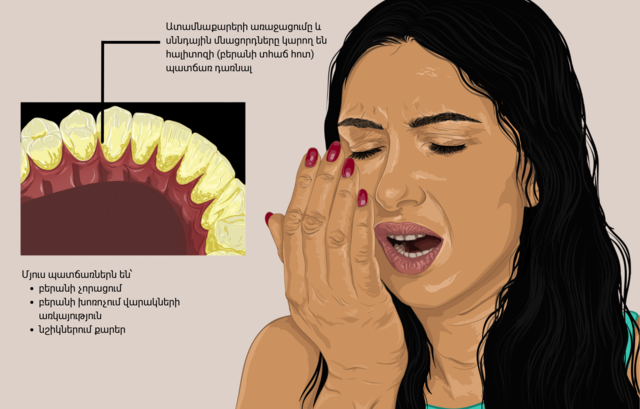Bad breath—clinically known as halitosis—is a common but often embarrassing condition that can affect anyone. At Mascot Healthcare, we believe that addressing halitosis is not just about freshening breath, but also about identifying and managing underlying health issues. In this post, we explore what causes halitosis, how to prevent it, and the best ways to treat it.
What Is Halitosis?
Halitosis refers to an unpleasant odor coming from the mouth. It may be temporary (such as "morning breath") or persistent, indicating a more serious problem. While everyone experiences bad breath occasionally, persistent halitosis often requires medical attention.
Common Causes of Halitosis
- Poor Oral Hygiene
Not brushing and flossing regularly allows food particles to remain in the mouth, promoting bacterial growth and foul odors. - Dry Mouth (Xerostomia)
Saliva helps cleanse the mouth. Reduced saliva flow—due to dehydration, medications, or mouth-breathing—can lead to bad breath. - Gum Disease
Persistent bad breath can be an early sign of gum disease, which results from plaque buildup on teeth and gums. - Food and Diet
Foods like onions, garlic, and coffee can cause temporary bad breath. High-protein or low-carb diets can also result in a distinct odor. - Smoking and Tobacco Use
Tobacco not only causes bad breath directly but also increases the risk of gum disease and dry mouth. - Medical Conditions
Chronic bad breath may signal underlying conditions such as:- Respiratory tract infections
- Sinusitis or tonsillitis
- Diabetes
- Acid reflux (GERD), Achalasia
- Kidney or liver disease
How to Prevent Bad Breath
- Maintain Good Oral Hygiene
Brush your teeth at least twice a day and floss daily. Don’t forget to brush your tongue, where bacteria can accumulate. - Stay Hydrated
Drinking plenty of water helps keep your mouth moist and washes away food particles and bacteria. - Visit the Dentist Regularly
Dental checkups and professional cleanings every 6 months help detect and prevent oral health problems early. - Avoid Tobacco Products
Quitting smoking significantly improves oral health and breath freshness. - Watch Your Diet
Reduce consumption of odor-causing foods and consider chewing sugarless gum to stimulate saliva.
When to See a Doctor or Dentist
If you maintain good oral hygiene but still experience persistent bad breath, it's time to consult a healthcare provider. At Mascot Healthcare, our professionals can help identify the root cause—whether it's dental, gastrointestinal, or systemic—and provide a tailored treatment plan.
